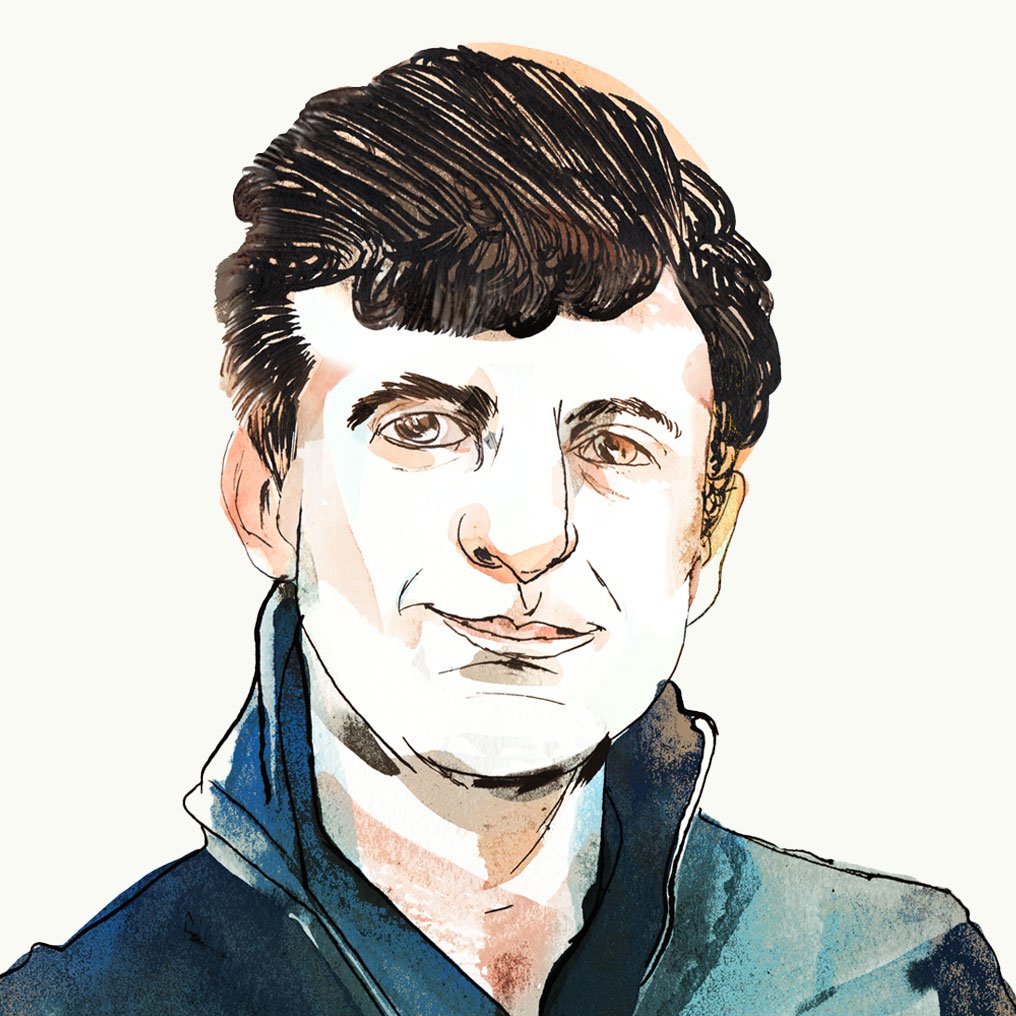The pope is dead. Sede vacante. From the round earth’s imagined corners come the 120 cardinal-electors, the progressive and the conservative, the extrovert and the taciturn, the Latin and the Eastern, the bearded and the clean-shaven, to elect a successor behind the walls of the Vatican. A sturdy African conservative (Lucian Msamati) and a choleric Italian traditionalist (Sergio Castellitto) are the front-runners, but a reformist faction plots in the shadows. Rumors and hostilities flit through the air. A mysterious newcomer (Carlos Diehz)—a cardinal created in secret by the late pontiff—brings an uncanny, unworldly quality to the gathering. And over it all presides the dean of the College of Cardinals, the efficient but anguished Englishman Thomas Lawrence (Ralph Fiennes).
Conclave’s premise has the advantage of a clear dramatic structure, a sense of high stakes, and a perfect setting for skulduggery—the Vatican as the world’s biggest, draftiest country house. It has the disadvantage that a conclave is basically a talking-shop and that the modern cardinal—with some distinguished exceptions—tends to be an unlikely figure to get up to anything either truly heroic or truly villainous.
In short, you would give the setup a solid B-minus, as with practically everything about the movie. The actors do an occasionally wooden but mostly respectable job (though when we first see Stanley Tucci as the American progressive Cardinal Bellini, he very much looks as though he has wandered in from the set of The Devil Wears Prada and has just realized his mistake). The script is uninspired (“You’re a manager,” Lawrence tells himself, aloud. “Manage!”) without being actively offensive. The anti-Catholic stuff is actively offensive, but in a fairly vanilla way by today’s standards. The plot is predictable-ish, the big twist idiotic but relatively well-constructed, the mirroring of current Vatican politics noticeable but lacking in insight. You can sit back and let it wash over you, sure you won’t miss anything important if your attention wanders.
The theology, of course, is grim stuff. “There is one sin which I have come to fear above all others,” Cardinal Lawrence proclaims to his fellow red hats: “Certainty.” He goes on: “If there was only certainty and no doubt, there would be no mystery, and therefore no need for faith.”
It’s smart to have Fiennes deliver this monologue, because it evokes so accurately the decent common sense of the ordinary English liberal—thoughtful, diffident, eloquent, open-minded, generous-spirited, and 100 percent wrong. As John Henry Newman observed, to have faith is to believe something because God has said it; and while you should maintain a certain skepticism toward the pronouncements of, say, the Washington Post, it is wholly reasonable to have certainty about what God has revealed. To quote a great philosopher, as translated by a great poet: “Truth Himself speaks truly or there’s nothing true.”
As for certainty being the enemy of “mystery”: well, such mind-bending mathematical truths as Euler’s identity or Euclid’s theorem are as certain as anything, but also deeply mysterious. And in general, mysterious things have an element of certainty to them, an element of structure and even predictability: the changing of the seasons, the rings of a tree, a wedding ceremony, a cello concerto.
Or, for that matter, the Sistine Chapel, lovingly shot here both in close-up and in its awesome totality. This is the central tension in Conclave. Its script is all about how terrible certainty is, how much we should doubt ourselves and our neat categories. The visual language of the film, however, could be taken from some shamelessly triumphalist documentary called something like Catholicism: The World’s Greatest Story. Cardinals scurry about between pillars designed to stand for millennia. Marble gleams. Painted cherubs look down. Not a thread on the cardinals’ mozzettas, or the nuns’ habits, is out of place.
The movie loves Latin, Gregorian chant, princes of the Church being clothed in liturgical robes needing several acolytes to handle them. It loves Renaissance domes, Michelangelo’s ceiling, fifteen-foot doors slamming shut. It loves all the traditions around the conclave, like the removal of the fisherman’s ring, and the wax stamp on the ribbon that seals off the papal apartment.
And is it just me, or is there a deeper yearning here? The perfectly ironed linen the cardinals wear. The exact order of their desks in the conclave, 120 immaculately symmetrical arrangements of books and paper. The nuns laying the tables for dinner in the Casa Santa Marta, as synchronized as an Olympic swimming team. That precision of detail, that sense that you cannot take too much care, that even the smallest physical movements must be performed in this way and no other . . .
Compared to most Catholics of my generation I have the liturgical sensitivity of a hamster. But as I watched the film and tried to think what it was longing for, with its low lights and muttered dialogue, what came to mind was the Mass. And not the kind that starts with “Good morning, everyone.”
Is Church-Hopping a Real Problem?
A recent Substack post, “The parish you hate might need you,” went viral for suggesting that “church-hopping…
Mark Twain’s Religion
In 2014, when Kevin Malone’s opera Mysterious 44 premiered in Manchester, England, the production featured narrative voiceovers…
The Strange Sadness of Blue Moon
Because we live in an age of cheap cynicism and alleged sophistication, many viewers of Richard Linklater’s…


